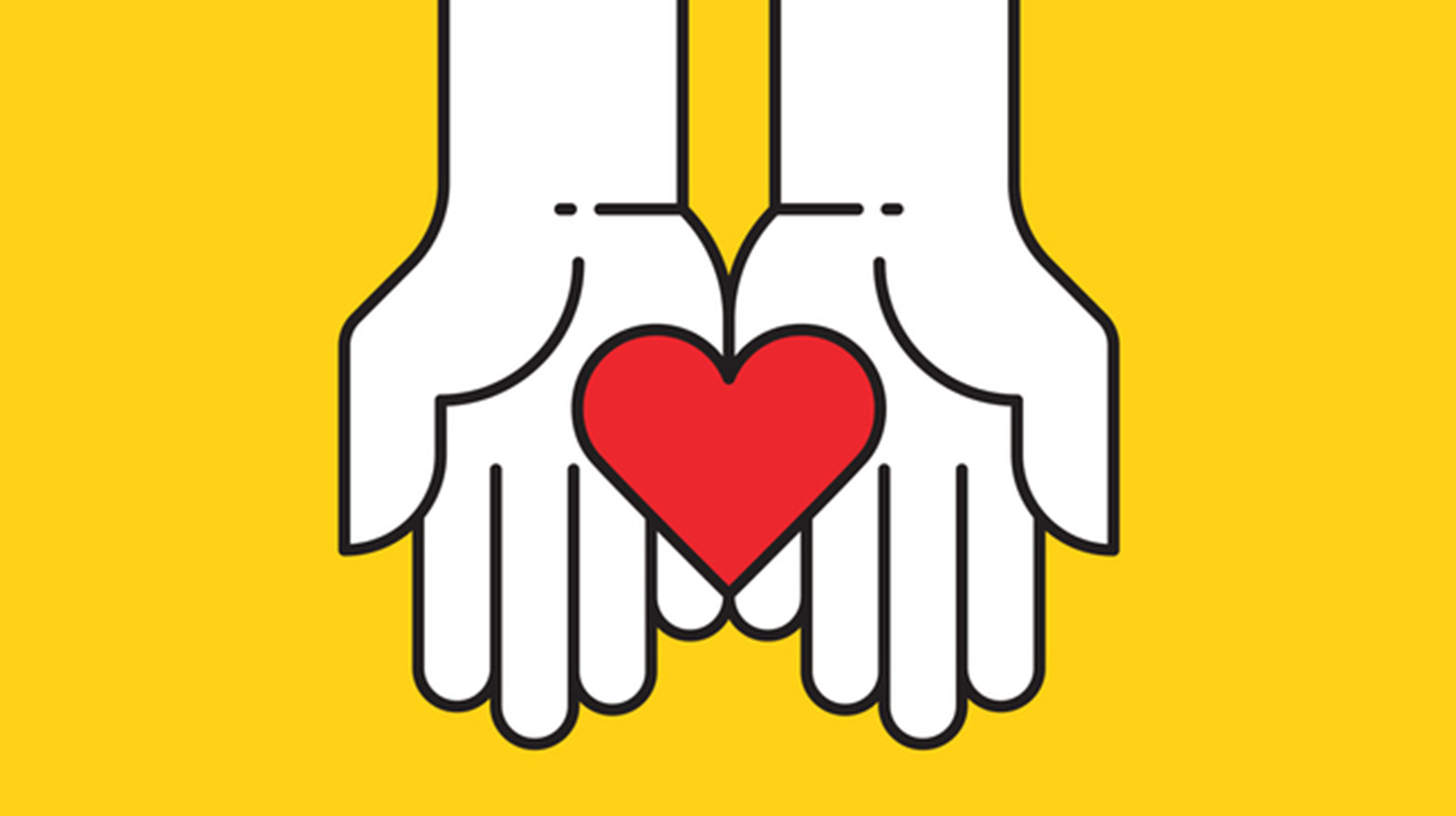
It’s seldom that America’s marketers agree on an approach. We are, as a rule, a creative, competitive and often iconoclastic bunch. But marketers executed a collective pivot as the COVID-19 pandemic started rolling across our country, shelving anachronistic messaging in favor of helping their consumers and, especially, our healthcare workers.
It’s as if an edict were handed down from on high: Above all, be useful.
In response, companies are launching innovative ways of giving and giving back. Here, a roundup of new efforts, all of them excellent examples of brands using their resources, reach, and content for a greater good.
This DTC shoe brand has already pledged $500 million worth of shoes to the healthcare community. Beginning March 24, Allbirds asked online consumers to do their part, paying for a second pair, which the company will give “to a healthcare professional who’s already reached out to us.”
Four Seasons in Manhattan is one of the 15,000 hotels who have signed up for this initiative, which offers free hotel rooms to healthcare workers and first responders. The program is designed to use hotels located near hospitals for workers who are exposed to the virus and who are fearful about spreading it—either during their commutes or to people with whom they live. COVID-19 specific messaging was launched quickly, and each hotelier can share their stories in an authentic way.
In an innovative way to showcase the furniture retailer’s style, West Elm offers downloadable backgrounds to replace what our homes really look like, for use on Zoom video conference calls. Users are invited to “snap a sneaky pic” and share it on Instagram, tagging @westelm.
Their consortium of fast-food brands has diverse COVID-19 campaigns, starting at the very top: CEO David Gibbs volunteered to forgo his base salary for the remainder of 2020, totaling approximately $675,000 (based on an annual salary of $900,000). That money will fund $1,000 bonuses for the nearly 1,200 general managers of KFC and Pizza Hut stores, among other Yum brands. It will also contribute to an employee medical relief fund, aiding workers hit hardest by the pandemic. The header on the Yum Brands’ site was a noteworthy content marketing play, bringing the huge brands into their communities to aid in the impacts of this deadly virus.
Location data can help public health officials track people who are “sheltering in place” as they visit essential businesses like grocery stores or use public transportation. The data can be used against other data (to map disease outbreaks, for instance) and also to gauge how well (or poorly) people are complying to social distancing orders. The data is anonymized before it’s made available, Google says, so as to protect users’ identities.
In the U.K., the Budweiser Brewing Group launched Save Pub Life to help funnel money to shuttered pubs. The program invites consumers to buy a gift card to spend at their local pub once it reopens. Budweiser is matching consumers’ gift card spending up to £1 million, money that will go directly to businesses.